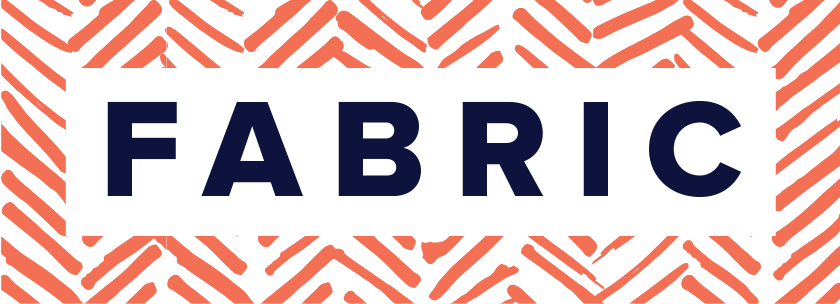Top 10 Traits of Great HR Leaders
Over the last several years, a myriad of articles and perspectives have been shared regarding the role HR plays within an organization, and it is equally important to articulate what makes a truly effective HR leader. While each company may have its unique needs based on a variety of factors, there are a set of general traits, beyond core functional expertise, that organizations should demand of their HR leader. In no particular order, as they are all equally important, the top 10 traits of a great HR leader are:
- Has High EQ. While high EQ is critical for simply being an effective manager, it is especially relevant for those leading the HR function (see point #7 below re: "modeling the right behaviors"). How do you test an HR professional for EQ? I have a series of questions, but a personal favorite is "Tell me about a situation where you felt strongly about your counsel in trying to influence a senior executive. However, with the benefit of hindsight, you wish you would have taken a different approach. What would you have done differently and why?" The above question can better-ensure that candidates are able to truly reflect back on where they may have misread a situation. It is a delicate question to ask though because a wildly inaccurate assessment (and impact of poor counsel) would illuminate a significant skill deficiency in a candidate.
- Able to hire and develop the best HR talent in the marketplace and create a true sense of unity and community cross the HR function. Developing HR leaders is no simple feat and great HR people are very motivated by the HR leaders with whom they work. As an experience HR leader, I hire only senior HR leaders whom I would want to work for and with.
- Acts as the bridge across teams, levels and geographies. The head of HR should connect different and disparate parts of the organization and have a clear sense of competing priorities and perspectives. This knowledge can be leveraged across the company to promote better understanding and empathy across the business.
- Is Switzerland. The leader of the HR function needs to find a perfect balance between a number of often-competing parties -- managers & employees, the Board of Directors & senior leadership, and union leadership & legal, to cite a few. Employees across all levels of the organization should view the head of HR as a leader who is available, open, non-judgmental and most importantly, neutral.
- Is Switzerland, but isn’t cold. The organization will rely up the head of HR to have the right mix of emotion, empathy and "approachability." While distance from a situation might be important to preserve neutrality or to decrease the level of emotion in a situation, it needs to be done in a way that won't be read as cold or uncaring.
- Consigliere extraordinaire. This is every leader's go-to person for perspective and advice. Their counsel is always direct, honest and unfiltered. The HR leader doesn't play politics but sits aside them. A wise coach one said to me "Your CEO wants you to identify her problems, provide solutions to these problems and for you to NOT BE A PROBLEM."
- Models the right behavior and is authentic. The HR leader must hold oneself to the organization's highest standards. If the head of HR acts or behaves in a particular way, it sends the message x 10 to the larger organization that this behavior is both acceptable and expected, whether positive or negative. The head of HR is in an extremely public role; people see how this individual behaves in one-on-one meeting, in group settings, with their own team and with other leaders. Having a “consistent” leader show up across each of these constituent groups further reinforces one's genuine nature and credibility. The head of HR should not feel as though she needs to put on a different corporate culture suit in order to be effective in the role.
- Is an amazing communicator. Being able to clearly articulate a situation, a strategy, a challenge or a significant change is one of the most important attributes of a great HR leader. Having the ability to translate intellectual understanding into relevant and understandable messages connects the HR leader to critical changes throughout the business and the HR leader is then better positioned to build this capability in other senior leaders.
- Knows when to go and when to hold. A great HR leader consistently reprioritizes. In the world of HR, there will always be a balance to maintain between the important and the urgent. It is a function geared around people, and people are often unpredictable in the workplace. A great HR leader knows when to accurately call a code red and get resources in quickly to address a situation. A great HR leader also is able to continually focus on the bigger picture without sacrificing immediate needs of the organization.
- Is Humble. Great HR leaders have your back and are content riding in the back seat when appropriate. They listen, they integrate, they ask questions and don’t pretend to know the answers when they don’t. They also never say “I told you so” or “I knew that would happen.” They do their best to provide leaders with the best options available and enable leaders to make the calls leaders themselves are accountable for making.
While the list may seem long to some, these traits are non-negotiable. Organizations should demand a 10 out of 10. Never settle.

